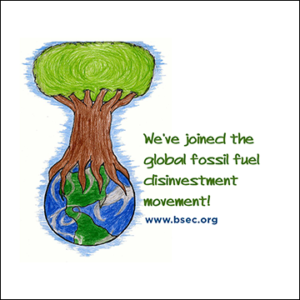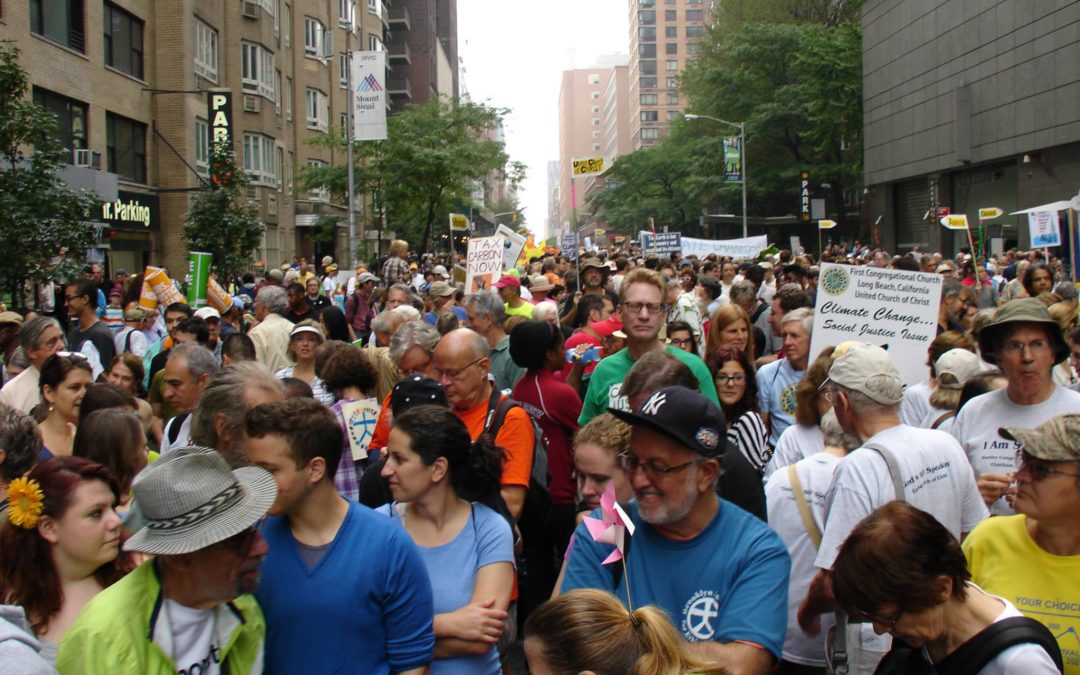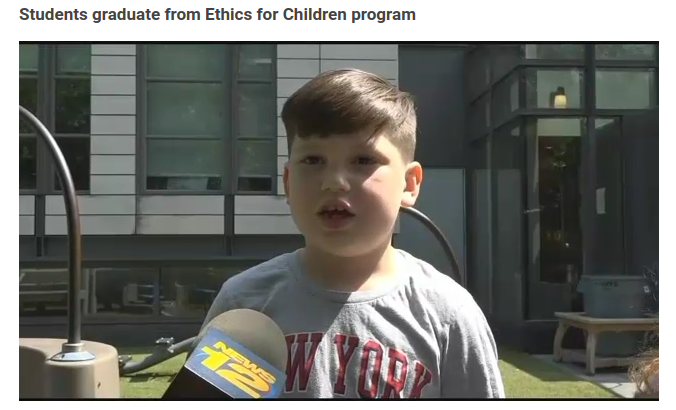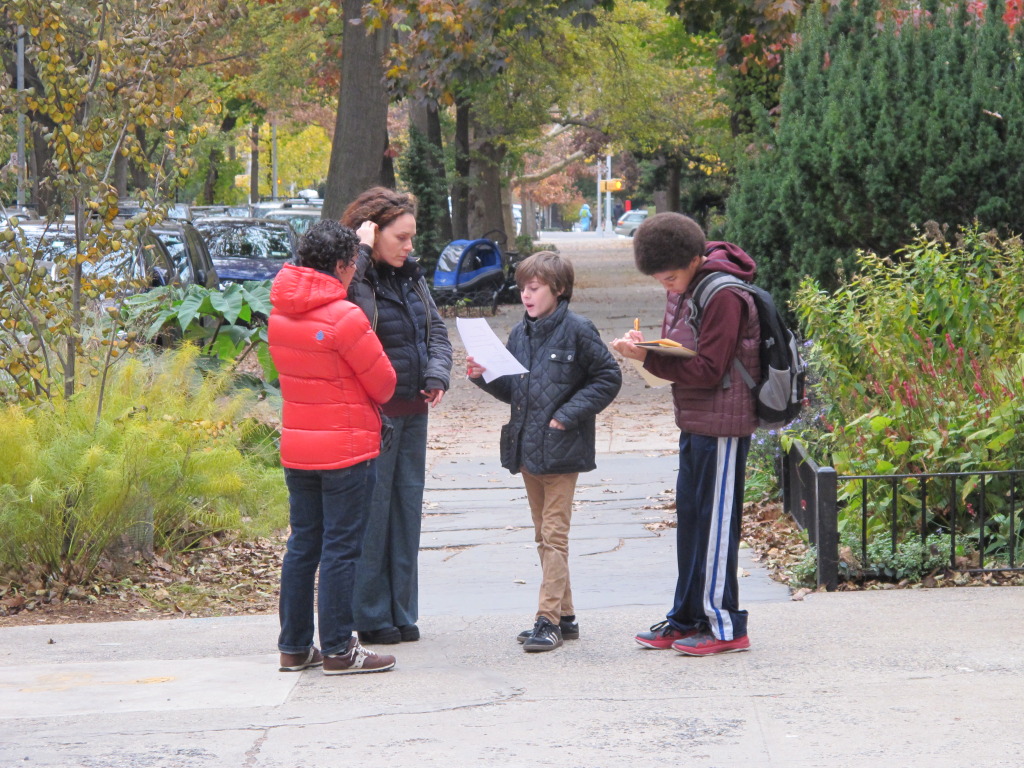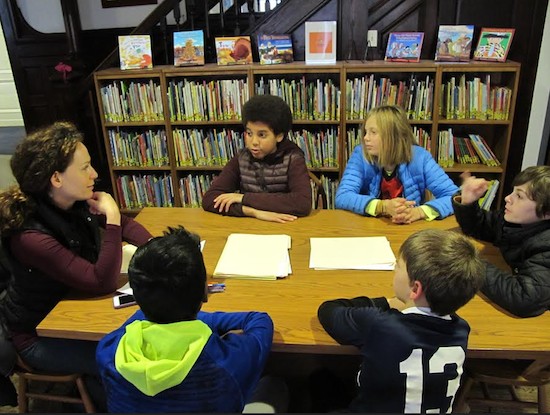Storytelling: communicating an ethic of love.
2017-2018 September- January Syllabus
Teacher: storäe michele.
We carry our stories with us into every aspect of our lives. They engage in our personal and social relationships. Inevitably, the stories we tell ourselves manifest into the selves we present in the world. Thus, nurturing ourselves with stories that serve to produce our best self, set in motion interactions that allow for brave space to be intentional in our actions, and approach situations with the willingness to grow and have healthy reflective perspectives.
This year our storytellers will write stories of love: for themselves, family and community—investigating ways in which love is ethical engagement. As Dr. Cornel West declares, “Justice is what love looks like in public,” and as an ethic, provides a deeper meaning for the heart-work we do—not just simply right-actions but embodied right-relations that demonstrate our stories of love.
You will notice the Semptember class descriptions are quite specific, while the November-January plans are more general. This is intentional. As we continue to work together as a group I want to allow room for the class plans to reflect new thoughts ideas and opportunities.
I am honored to be on this journey of sharing stories, activism and ethics-making with our Growing Ethics group!
September. Chapter 1 [Welcome: “bringing out the best in others, brings out the best in ourselves.]
This month will welcome each other, discussing our year-long goals.
9.10 After exploring our syllabus, we will create a landscape roadmap of our hopes and dreams for the year, marking any special or noteworthy moments on this journey. We will also engage in writing a hopes and dreams letter to ourselves, which will be mailed at the end of the year to encourage thoughtful reflection.
9.17 Working towards [re]introductions: embodying the narrative of those who love us. In our group, we will [re]introduce ourselves after delving deeper into discussions on who we are. Using performance theory exercises, we will introduce ourselves while embodying someone who loves us. Answering the question, “who are the people you are bringing into the room?” recognizing that we carry the stories that others tell about us. How does this change our perspectives of self?
9.24 No EFC.
October. Chapter 2 [the courage to speak our truths]
This month will begin to unpack our personal stories, questioning how they evolve or stay consistent—grounded in inquiries around self-love, honoring peculiarities, and speaking our truths.
10.1 We will begin our alter-ego books—which will be our year-long tool for reflection and artistic response to each weeks’ topic. Alter-ego books are created from old books that we will [re]construct to develop a brave space, taking off our everyday mask and speaking to our truths. What are our truths? How do they align with the self we show in public? In community? What are tools we already have when speaking to difficult situations? How do we acknowledge our courageous acts? We will have yoga with Heather from 12-12:30pm.
10.8 No EFC.
10.15 No EFC.
10.22 Family Care for the Earth Day.
10.29 Service Day.
November. Chapter 3 [We live in abundance]
This month will begin to unpack our community stories, questioning how to approach the needs to thrive in our society. Our guiding inquiries are: What is our role? Can we have an impact? How do we learn to glean understanding from each other?
11.5 Sharing our collective wisdom: we are each other’s medicine. We will discuss our do-it-yourself methods of caring for ourselves and one another. Looking at the word medicine in an expansive sense, what aliments do we see in community? What are methods of healing for special circumstances that we want to see change? Are there always opportunities for change? We will have yoga with Heather from 12-12:30pm.
*We will also create a book or video together that speaks to our own DIY medicinal recipes. This project may carry over into December. *
11.12 Revisiting tough conversations: creating brave space. Sometimes we experience circumstances that cause responses that surprise us. Living in a climate that is at once hostile and nurturing can cause us to react in ways that communicate lacking something that in actuality we always have. How can we trust the abundance that we already contain? How is a healthy dose of self-confidence and recognizing interdependence beneficial for the community at large? How do we trust our gifts are enough? How do we engage in sharing our medicine?
11.19 Intergenerational Platform: WAMPANOAG!
11.26 No EFC for Thanksgiving Break.
December. Chapter 4 [Igniting hope, Activating Love-in-Action]
This month we will work as a team to solve an interactive exploratory challenge that effects the EFC community [this well be decided on as a group]. As a team, we will explore different ways of starting and enacting a process of change. We will discuss who is affected, what difference the change will bring and what the possible ripples in the community could be.
12.3 – 12.10 How to unpack a challenge. Using different modalities that engage the imagination, such as Silent Tableaus [games for encouraging students to think physically as a group and as individuals, encouraging different methods of non-verbal communication], mixed media constructs, and strategies around approaching research. How is solving a challenge as a group, also an act of love? How does everyone thrive in these moments? How do we make sure all voices are heard? What are our learning curves? What was our process?
12.3 We will have yoga with Heather from 12-12:30pm.
12.17 Winter Solstice.
12.24 No EFC.
12.31 No EFC.
January. Chapter 5 [Setting intentions for the future, Honoring journeys in years’ Past]
1.7 Family Care for the Earth Day. We will have yoga with Heather from 12-12:30pm.
1.14 No EFC.
1.15 [Monday] Families Celebrate Africa.
1.21 Creating vision boards of the intentions we wish to see and memorials for the markers of our journey of the past year. How will the story of our past inform this year? What growth do we wish to see? Who have we seen demonstrate these strengths? What can be learned from their stories? How are we the protagonist in our stories? In what ways do we support our ability to thrive?
1.28 Service Day.
a sneak peek into the months of February to June…
As the first months together focused on understanding ourselves and those in our immediate community, this year will center in how we can remember those in society who we may not interact with personally but our daily actions affect. As the upcoming months celebrate Black History, Women’s History, Earth Day and days of remembrance of those we love, we will continue to ignite love-in-action as a social justice using art to point to those who are not always seen, but voices are necessary to be heard.

